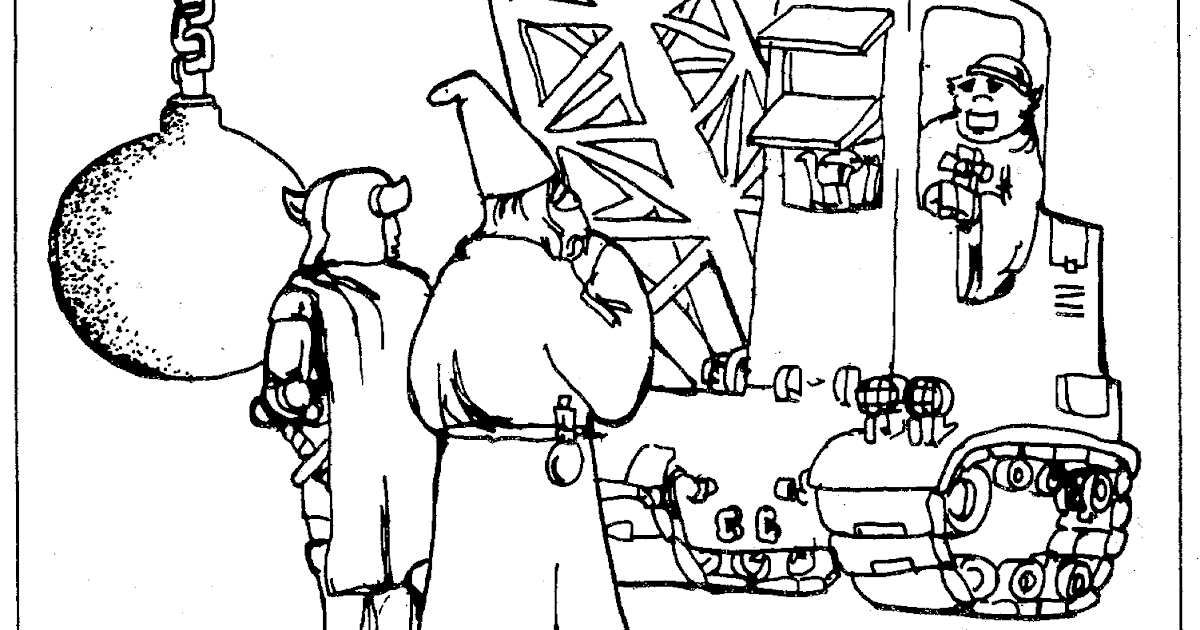DMing is not a friendship role. It is not a co-equal role. DMing is a leadership role; and one of the truths about being a leader is it doesn't matter a good goddamn if, as leaders, we're liked. In fact, we can be actively hated. That doesn't matter. To lead, we don't need to be liked, we need to be respected ... which means we must do things that earn respect. Holding our ground on things we believe — even if that makes us hated — is key to that respect.
DMing players forces us to interact with players in a very specific way that many, many people cannot do. For some, the idea is anathema to their belief system. Some are too timid. Some have the potential, but haven't worked out this is just what's needed to clear the road and make games move steadily forward. Still others have a warped, damaged sense of what goals are meant to be achieved.
An effective DM must have the capacity to make players obey.
Just those words can send a wave of fury through some readers. Others are saying, "what?" The rest are thinking, "damn straight."
